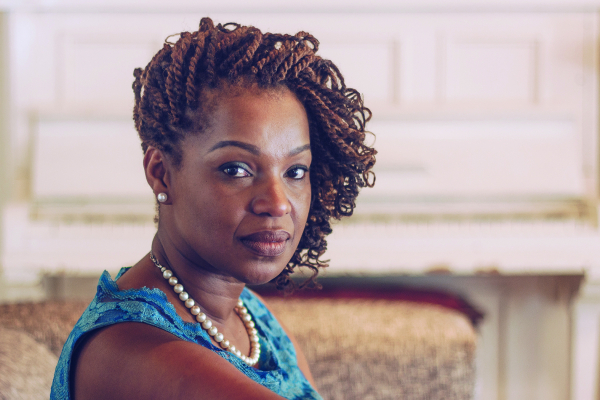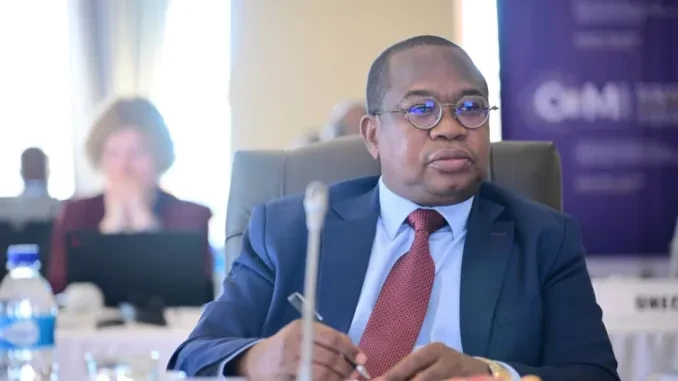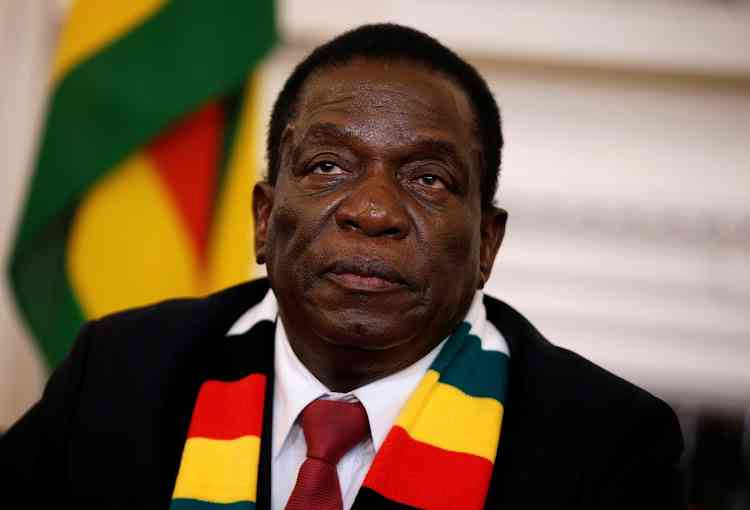
A COUPLE of years ago, I attended a talk on bereavement which was being held at a school where a pupil had died. The bereavement expert was helping teachers and parents understand the processes of loss and grief and I was there as part of my induction into the role of executive director for Africa’s oldest hospice.
By Thembe Khumalo
To my surprise, there was no talk about the five stages of grief. Instead, the words that would forever alter my perception of loss and grieving were: All change is loss, even when the change is good. I didn’t know it at the time, but the counsellor was quoting renowned psychologist, Harry Levinson’s words: “All change involves loss; and all loss must be mourned.” Interestingly, Levinson was not a specialist in grief and bereavement, but in work and organisational issues. He is credited with changing corporate America’s thinking about the workplace by demonstrating a link between job conditions and emotional health. I believe that Levinson’s teaching can be applied not only to organisational dynamics but also to families, to interpersonal relationships and to nations.
Zimbabwe has recently undergone a profound change. After 37 years of being ruled (notice I say ruled rather than led) by former President Robert Mugabe, we find ourselves with a new President. For a huge portion of the population, this is the first time they have ever experienced any other premier besides Mugabe. It’s new, even if the individual in power is not new to us.
There are those who deny that the change in government is a profound one. After all, the person in leadership is not new, and he has surrounded himself with faces that are not new. There are even those who will deny that any change has taken place at all. And that brings me to the much misunderstood matter of the five stages of grief. The five stages — denial, anger, bargaining, depression and acceptance — are a part of a model developed by Elisabeth Kubler-Ross, who worked with terminally ill patients and published a book called On Death and Dying to help people, including health practitioners, understand what those faced with death or with the loss of a loved one might be going through.
Although her model has evolved considerably, since the late 60s when her book was published, it is generally accepted that people experiencing loss will, in some way, go through these stages. They are unlikely to occur in a neat linear pattern or even in any particular order, simply because human emotion is seldom neat and tidy and usually refuses to remain in orderly, clearly labelled rows and columns. All this model can do is familiarise us with the space surrounding loss, and, hopefully, enable us to cope better with life and grief.
In the aftermath of what we are assured was not a coup, the evidence of bereavement is all around us. Certainly, there are an undeniable euphoria in the immediate aftermath. It left a light sheen on our people, and gave a golden glow to our conversations about the future — a glow we had long since dismissed as something that simply wasn’t for us. But soon after that, we began to ask ourselves tough questions — much like a woman in an abused relationship would do after deciding to leave. We began to wonder if we really will be OK. We started to focus on the uncertainties of the future ahead. Will this new choice really be better than what we knew before? Have we been the victims of a giant con? The lure of the familiar is not to be under-estimated, and can be credited with preventing many progressive moves from taking place, whether on a personal, corporate or national level. We are afraid of the unknown.
In the same way that people in bad relationships invest in creating systems to help them live with the pain of their abuse, we, as a nation, had invested heavily in normalising the status quo: We learnt to buy and sell water to one another even though there were people receiving salaries for bringing water to our homes. When travelling long distances, we budgeted for police fines and extortion, as if this was perfectly in order. We learnt to take our own food, water, medicines and bandages to hospitals, and accepted that schools may or may not have books for our children to learn. This was our familiar reality — what we knew and what we learnt to cope with. Familiarity, not matter how uncomfortable, has an intoxicating quality about it, while change, no matter how positive, is almost always frightening to some degree.
- Chamisa under fire over US$120K donation
- Mavhunga puts DeMbare into Chibuku quarterfinals
- Pension funds bet on Cabora Bassa oilfields
- Councils defy govt fire tender directive
Keep Reading
We are excited, and yet we are anxious. This is a perfectly normal reaction to change. Even though we yearned for a change from Mugabe’s rule, we don’t feel safe now that we are faced with the results of a change which, by the way, came mostly very peacefully. Why? Because what really freaks people out about change is ambiguity — the uncertainty about whether the light at the end of the tunnel is the sun or an oncoming train. A quick wade through social media feeds will point to a large constituency of Zimbabweans who are grappling with this uncertaintly; and this bargaining process can take its toll on the national psyche. Did President Emmerson Mnangagwa do well at Davos or didn’t he? Should he have taken a different position about gay rights? Was he evasive about Gukurahundi? Is he selling out our country for investment? Can we depend on him to deliver? Should we trust him with our future? Because of the nature of social media, we can also see a lot of anger in the grieving process. We are angry about the years the Mugabe administration stole from us, but we are also angry that the new administration was part of the old one. When they start making promises, we want to bellow: “But where were you and your promises all this time? Look how much we lost that we can never get back!”
Statistics show that about 20% of individuals embrace most change quite quickly, while roughly 10% will resist it valiantly. Which means that leaders have to work with the 70% in the middle — the ones who can become ready if they are guided through an adjustment process, allowed to mourn their loss, and supported in finding their place in a new world (or organisational or relationship) order.
Thembe Khumalo is a brand builder, storyteller and certified life coach











